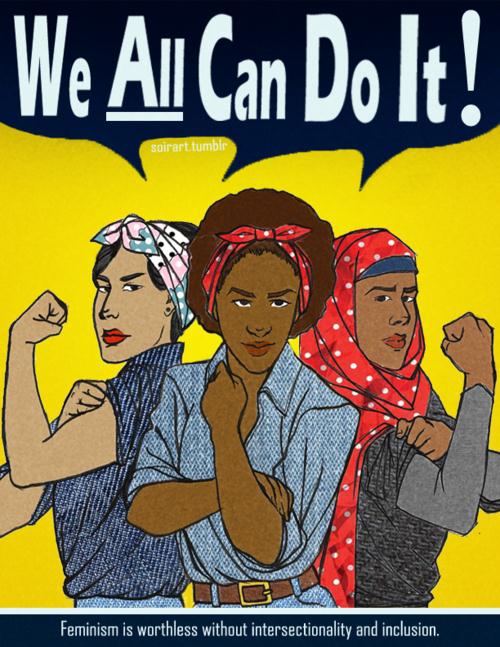This Friday, the YWCA’s Stand Against Racism annual event will bring together hundreds of thousands of people across the nation, from all walks of life, to call attention to the legacy of discrimination and raise awareness that racism still exists. In the four days leading up to the Stand Against Racism, Firesteel is examining how discrimination and institutional racism can block violence survivors from accessing housing services and resources.
This series is co-authored by YWCA Seattle | King | Snohomish’s GirlsFirst and Volunteer Services Coordinator Nanyonjo Mukungu, and YWCA Walla Walla‘s Communications Coordinator Sara Rasmussen, who have been friends since college. This week, Nanyonjo and Sara join together with Firesteel to consider how discrimination affects different members of their communities in Seattle and Walla Walla. We invite you to do the same, and to join the YWCA in taking a Stand Against Racism this Friday, April 26.
Written by Nanyonjo Mukungu, GirlsFirst and Volunteer Services Coordinator,YWCA Seattle I King I Snohomish

Now, we will end this series by exploring ways to take action against domestic and sexual violence. How do we take steps to create a world without domestic and sexual violence now? For me, achieving justice for individuals and communities impacted by domestic and sexual violence must occur through interpersonal, communal, and state accountability.
Earlier this week, I wrote about my experience as a survivor of violence. I have been asked many times what I wished would have happened after I was raped. Did I wish that the rapist had gone to jail? No, I believe that sending a man of color to jail would not address the pain that I felt. It would not help me regain the friends that I lost, learn about the power within myself, or assure me that it would not happen again with someone else. No, the revolution starts at home. It started when my friends, professors, and YWCA advocate provided me with a support system with my physical, mental, and emotional health in mind. Through these relationships, I was able to begin to heal.
Last fall in Seattle, I took a relationship skills class with the NW Network of Bisexual, Trans, Lesbian, and Gay Survivors of Abuse. This organization “works to end violence and abuse by building loving and equitable relationships in our community and across the country.” Through their class (which is open to the LGBTQ communities and their allies), I gained tools to understand my boundaries and their roots, to express, and negotiate them with others. One of my biggest takeaways was their emphasis on using these tools to support ourselves and others especially in moments of crisis. This class emphasized the necessity of providing the community with tools for support based in our personal relationships. It helped me understand the importance of these tools for maintaining community accountability which is so crucial to the self-determination of survivors.
In comparison, in Walla Walla, the YWCA Domestic Violence and Sexual Assault Resource Centers provides support, legal and medical advocacy, and shelter services to survivors. They work with the Walla Walla Police Department to ensure a healthy relationship between the law, victim services, and prosecution if the survivor engages with the criminal justice system. This relationship is facilitated by a Domestic Violence Service Officer who both advocates for survivors and educates the community and the police department on domestic violence and sexual assault.
Both of these organizations center on the safety and support of survivors. Both of these organizations gave me the tools to understand the importance of personal and community accountability. It is hard to sustain a movement to end sexual and domestic violence when those same systemic dynamics occur within our own relationships. It is easy to pretend that as activists, social workers, and supporters of survivors we are outside of this system of oppression. But we are not because it is a continuous process to be an ally to a survivor, not an end goal. In order for the process of justice to begin, we must examine the way our own communities further rape culture, victim blaming, and the silencing of survivors.
For instance, while volunteering at a women’s homeless shelta Walla, I realized that their past (and sometimes present) was affected by domestic and sexual violence. It was there that I realized how privileged I was to have access to a community (and resources) that truly supported me. Not everybody has that privilege and I am truly grateful that I did. But now, it is my turn to help build that community for others.
So, I end this series with a call to take action. In connection to YWCA’s mission to Stand Against Racism, I challenge our Firesteel community and beyond to hold the government accountable for its role in perpetuating violence against survivors of domestic and sexual violence and their communities. I challenge us to build alternatives to the criminal justice system that recognize the interconnected forms of oppression, and that allow us to support ourselves and others through stable housing, access to healthcare, and healthy communities.
Alternatives that pushes past reforming systems of oppression but “include transforming the conditions that allow violence to occur and to explicitly challenge State violence” as stated by Generation FIVE, an anti-violence organization that moves to end child abuse in five generations. In addition, we must be aware that this shift toward transformative justice will look different depending on the very systems of privilege and oppression that shape our everyday lives. Ultimately, I just wish to imagine a world without domestic and sexual violence, to acknowledge and embrace support from my community, and to provide others with the same tools and support that I received.